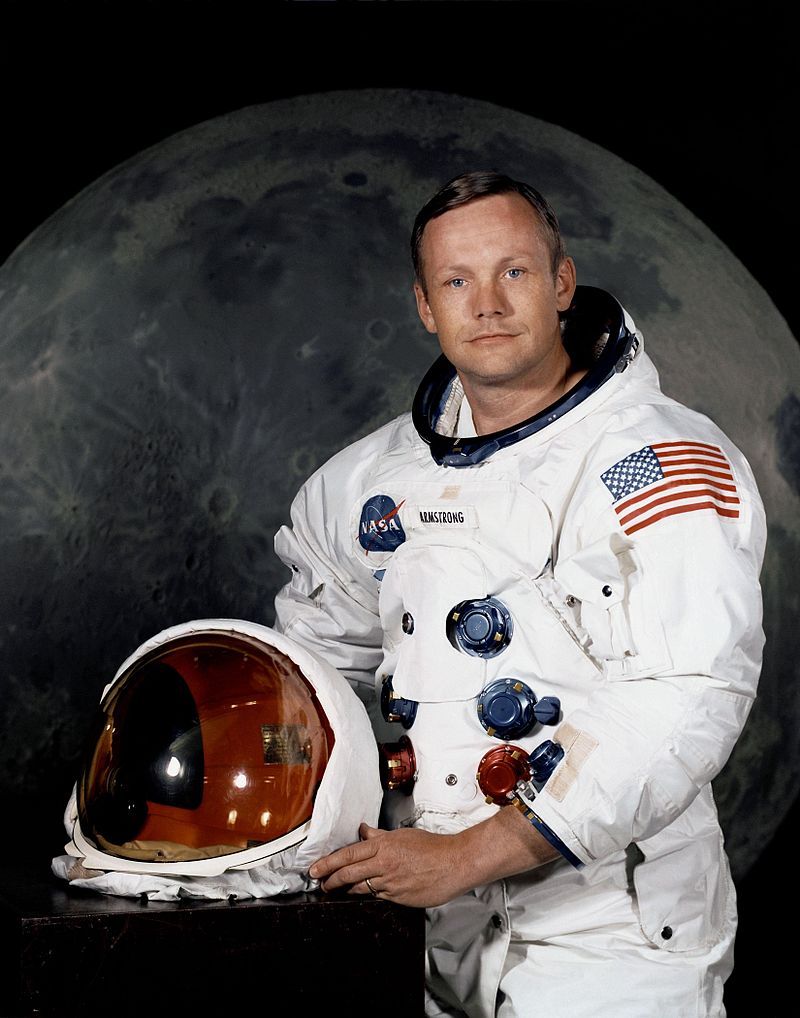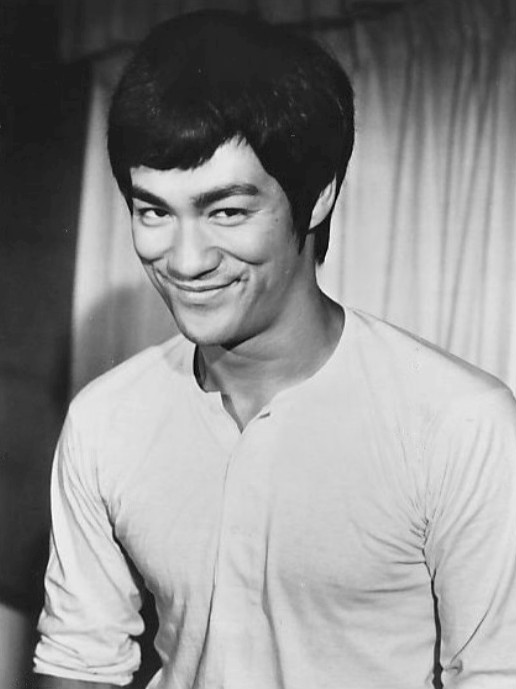I’ve had the privilege of working with a lot of different pilots over the years. Of these people I’ve seen many different styles and personalities. Fighter pilot wannabes, cranky pilots, ladder climbing politicians, and those just happy to be flying.
It takes all types to keep the aviation industry running, however, there seems to be a common thread among the strongest pilots. From the best student pilots to the highest paid captains, a certain mindset seems to be shared. An overwhelming sense of balanced and relaxed confidence.
Confidence while flying might seem to be something only acquired by having logged many hours in a specific airplane, but don’t confuse familiarity with confidence. Some pilots just seem to be able to jump into any new aircraft and look completely at home. Not overconfident, but balanced. Completely understanding their lack of knowledge and familiarity, still cautious, but relaxed, and ready for the challenge.
The pilots who manage to balance their emotions and confidence are the ones who excel at learning quickly, have better retention, keep the big picture in focus while maintaining attention to detail, are better at decision making, and in general are much easier to get along with.
Balance
“Well, I think we tried very hard not to be overconfident, because when you get overconfident, that’s when something snaps up and bites you.” — Neil Armstrong
In the cockpit we are constantly performing a balancing act. Balancing aerodynamic forces, fuel and payload location, balancing passenger needs while maintaining safety, staying confident and optimistic without becoming overconfident.
If you spend a bit time with some seasoned captains, you will notice they all have very similar traits. One of these traits is their sense of balance. Not physical standing up balance, but balance of emotions and mental focus. You won’t see them stressing out, frantically trying to accomplish something, or pushing themselves terribly hard — although they might push their crew very hard.
These are the men who fly the fastest largest jets, with the most complex systems, large crews to manage, lots of international airspace and paperwork requirements, and yet they seem so balanced and calm. It becomes very clear that as more responsibility is placed on someones shoulders, more emotional balance is required.
Its the same sense of balance that I’ve seen in some of my corporate clients. Especially the CEO’s of large companies. These men probably have enough decision making responsibility, financial, and company concerns on their mind to make most all of us crack under pressure. Yet they maintain a poised, balanced state of mind.
Such emotional balance and confidence seems to stem from some basic abilities to relax.
Relaxation and Awareness
“The more relaxed the muscles are, the more energy can flow through the body. Using muscular tensions to try to ‘do’ the punch or attempting to use brute force to knock someone over will only work to opposite effect.” – Bruce Lee
We’ve all seen, and some of us remember being, the student with a white knuckle grip on the control yoke. Every muscle in his body looks to be in a state of contraction and his mind is tightly fixated on the airspeed, heading or altitude. In this state, situational awareness is lost, confidence is not present, and cockpit resources are not being managed.
As pilots, most of us have matured much from this state, but we do have remnants of these characteristics. The ideal state of mind would be in a state of comfort, relaxation and awareness. Knowing what the situation is, big picture and small detail, and being able to quickly, spontaneously respond to challenges and take the lead to fix any problems or emergencies that arise.
There is a Japanese word and concept known as “mushin” which was taught by the ancient Samurai. This word is usually translated to mean “without thought” or “mind of no mind”. It is a state of mind where a warrior is completely relaxed, aware of everything around him, and able to react in an instant without apprehension. To the Samurai, this was the perfect state of mind to be in during a fight, or when trying to accomplish anything, because it allowed one to act without thoughts getting in the way.
The idea of mushin can also be applied tremendously to aviation. We typically live our lives with hundreds of things on our mind. Our own thoughts are bogging us down and limiting our abilities. When we find ourselves in a difficult situation we just try harder by attempting to put more thought effort into it. While in reality we really just need to relax and take some deep breaths.
We have checklists and procedures in place for all the mechanical aspects of flying. What is most important to a pilot is his situational awareness and ease of decision making. To understand the big picture, know which procedure is called for, and when a situation might require improvisation. Such balanced, relaxed, confident state of mind is what really allows this.
“A good martial artist does not become tense, but ready. Not thinking, yet not dreaming. Ready for whatever may come.” – Bruce Lee



Excellent article. Thank you!